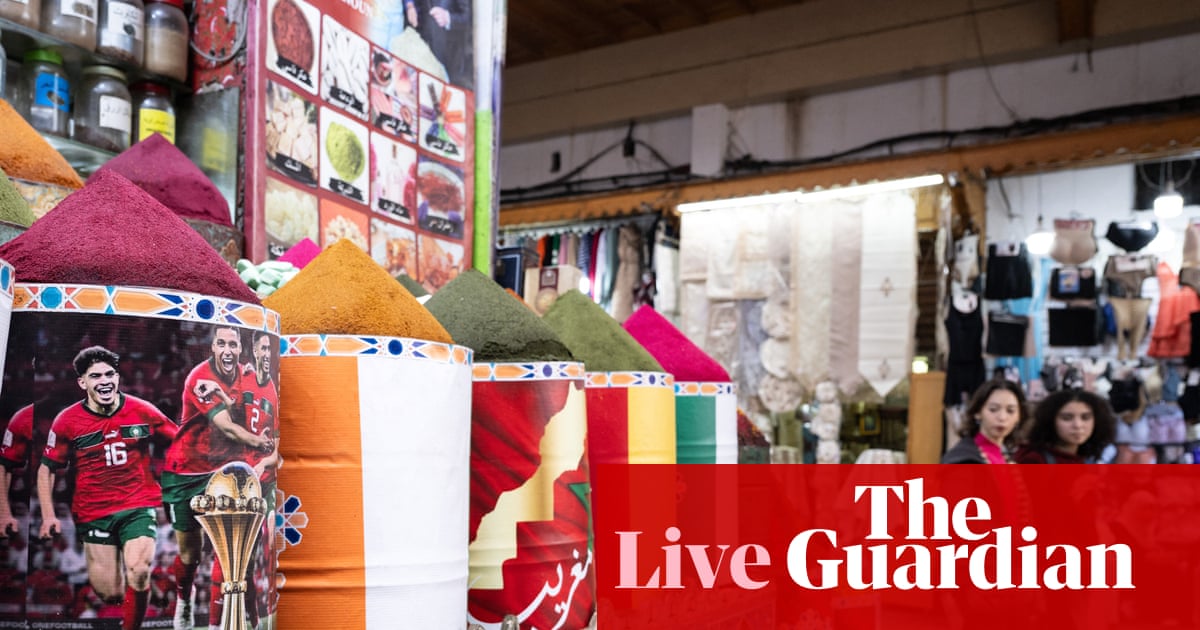Last summer, Spain’s Balearic Islands launched one of Europe’s toughest crackdowns on alcohol-fuelled party tourism. In popular resorts such as Magaluf in Mallorca and Sant Antoni in Ibiza, tourists spilled out of bars at dawn, clutched cheap bottles from late-night shops, and treated entire neighbourhoods as giant open-air nightclubs.
Local people were fed up. Noise complaints, violent brawls and clashes between residents and intoxicated tourists became routine. Rents rose while longstanding neighbourhoods became hollowed out into seasonal party zones. Pilar Hernando, from Palma, Mallorca told Reuters in 2024: “Prices go up, rents go up, everything goes up … except salaries.” Hernando had to move into a caravan owing to the lack of affordable housing. Average rents have risen 158% over the past decade in the Balearics, with Palma now among the most expensive cities in Spain.
Last summer, the Balearic authorities finally said: enough. The regional government, led by Marga Prohens of the People’s party (PP), formally extended a 2020 law and introduced stricter alcohol controls. Drinking on public streets was banned in designated “excess tourism zones”, including Palma, Llucmajor, Calvià and Sant Antoni. Fines of up to €3,000 were introduced for violations. Retail alcohol sales were restricted after 9.30pm, and all-inclusive hotels could serve only six drinks per guest per day. Party boats were pushed further offshore. Crucially, local police forces were authorised to forward fine notices to consulates – to ensure accountability and discourage repeat offences.
As wide-ranging as these new measures were, it wasn’t just about law enforcement. It was a declaration: the islands no longer wanted to be Europe’s cheap, consequence-free party playground. “Nineteen million tourists in a territory of 1.3 million inhabitants is unacceptable,” Prohens said, stressing the need for “a change of course” toward sustainable tourism growth – underlining a pivot toward attracting more family-friendly and cultural tourism, rather than sun, sex and sangria excess.
So has it worked? One year on, local authorities claim the measures have delivered positive change. Studies show that serious incidents in destinations such as Magaluf and Sant Antoni have dropped dramatically since 2018: by approximately 90% and 87.5%, respectively. While it’s too early to isolate the effects of the recent crackdown, these figures reflect the outcome of sustained efforts and policy changes to promote responsible tourism. Residents have cautiously welcomed the calmer summer nights: many say this is the first summer season in years when they could sleep undisturbed by drunken shouting.
These changes follow some of the biggest protests against overtourism in Spain’s history. In July 2024 an estimated 10,000 people marched in Palma alone, demanding action on housing shortages and quality of life.
And while initial signs are positive, the transformation is far from complete. Enforcement of the new rules has been patchy. While big resorts such as Magaluf and Sant Antoni saw heavy policing, quieter towns and historical centres like Sóller and Alcúdia did not, and continued to play host to antisocial behaviour and public drinking. Tourists were often confused about what exactly was banned and where.
Meanwhile, local nightlife businesses – especially small bars and convenience shops – argue the crackdown hurts them unfairly. They warn that cutting off cheap, high-volume drinking reduces footfall and threatens jobs. Some fear party tourism will be pushed into illegal rentals or unregulated venues that are even harder to police. Hotel groups, while broadly supportive of the policy’s goals, have called for clearer communication to visitors through improved signage and visitor education. “Guests are often unaware of the rules before they arrive,” said Gabriel Llobera, vice-president of Mallorca’s Confederation of Business Associations. They want consistent, fair enforcement so that responsible businesses don’t lose out to those ignoring the rules.
What’s happening in the Balearics isn’t just a local story. From Amsterdam to Venice to Barcelona, European destinations are grappling with the consequences of overtourism. How do you preserve local communities, culture and affordability while also keeping the economic lifeblood that tourism brings?
The Balearics’ crackdown is one of the clearest attempts to say: some kinds of tourism are simply not welcome any more. But making that sustainable means not just punishing bad behaviour but offering better alternatives. Authorities will need to keep investing in clear, multilingual information campaigns so visitors know the rules before they land. They’ll need to help small businesses shift toward higher quality offerings so they aren’t left behind. They’ll need consistent enforcement across municipalities to prevent simply displacing the problem.
after newsletter promotion
Ultimately, the goal is not to kill the tourism industry but to save it from itself. A visitor economy that alienates local people is living on borrowed time. The Balearic Islands’ experiment shows that change is possible – but it also shows that it is hard work that doesn’t stop with the passing of a law. As another summer season winds down, the real test is whether the islands can turn these first-year gains into lasting, fair and sustainable tourism.
-
Dr Dimah Ajeeb is senior lecturer in architecture, urban design, regional planning and tourism at the University of Westminster

 3 months ago
55
3 months ago
55

















































